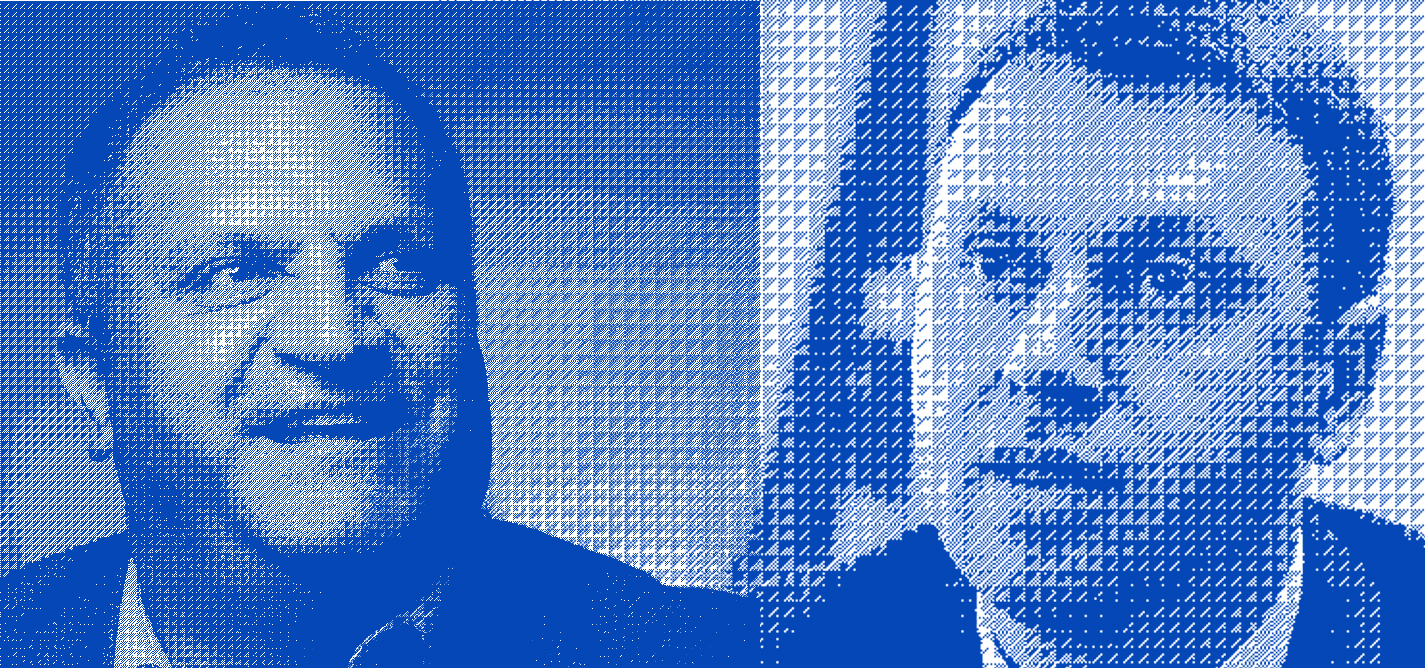
Shpend Ahmeti vs. Arban Abrashi
Candidates from Vetevendosje and LDK stake claims for capital.
The fields in which they focus their pledges are education, health care, infrastructure and public services.
Vetevendosje and LDK are considered fierce rivals in these local elections, especially in the runoff for the capital’s headship.

Ngadhnjim Avdyli
Ngadhnjim Avdyli is a former K2.0 staff journalist, covering mainly politics, governance and social justice issues. He has a degree in journalism from the University of Prishtina.
This story was originally written in Albanian.